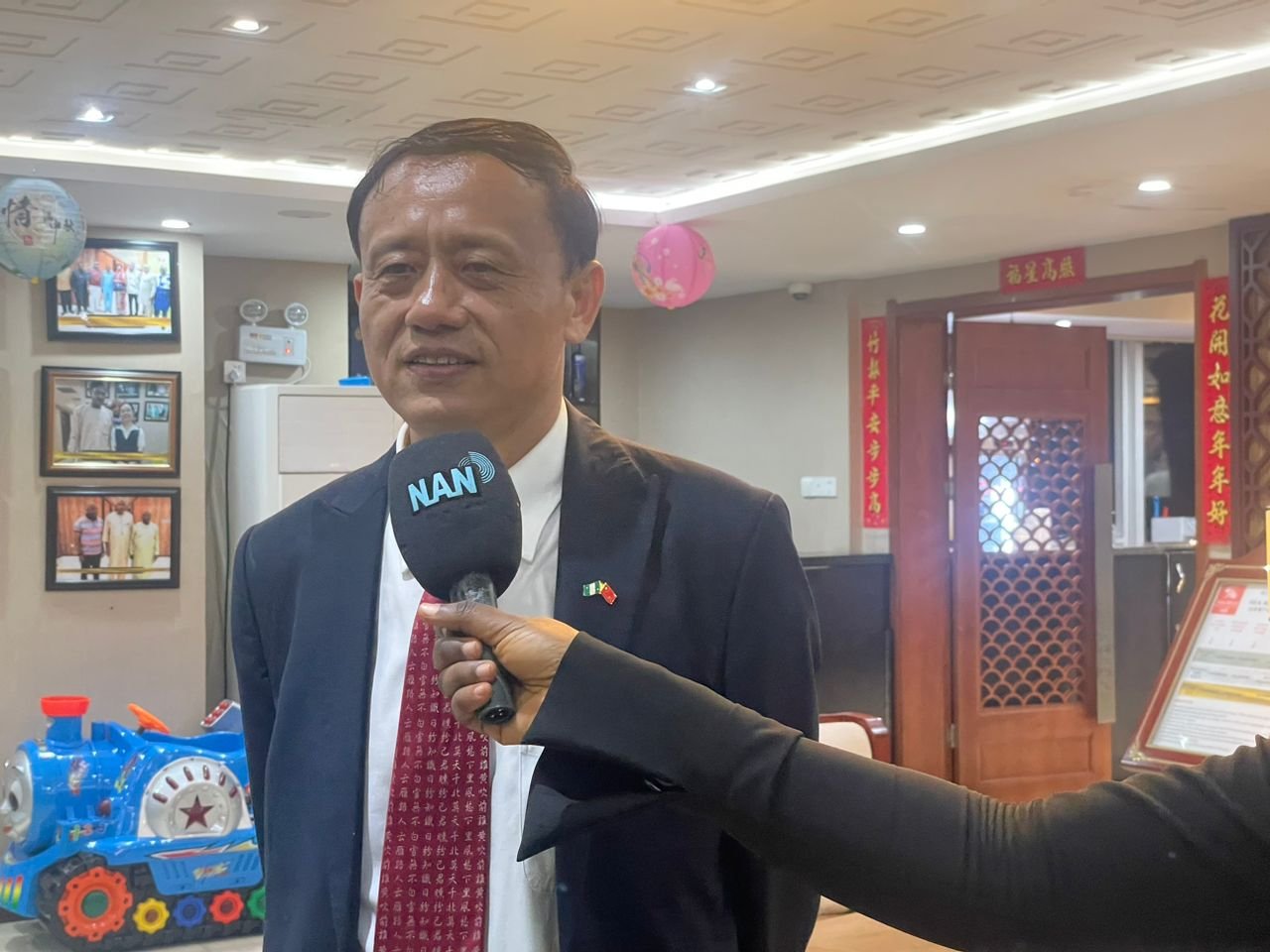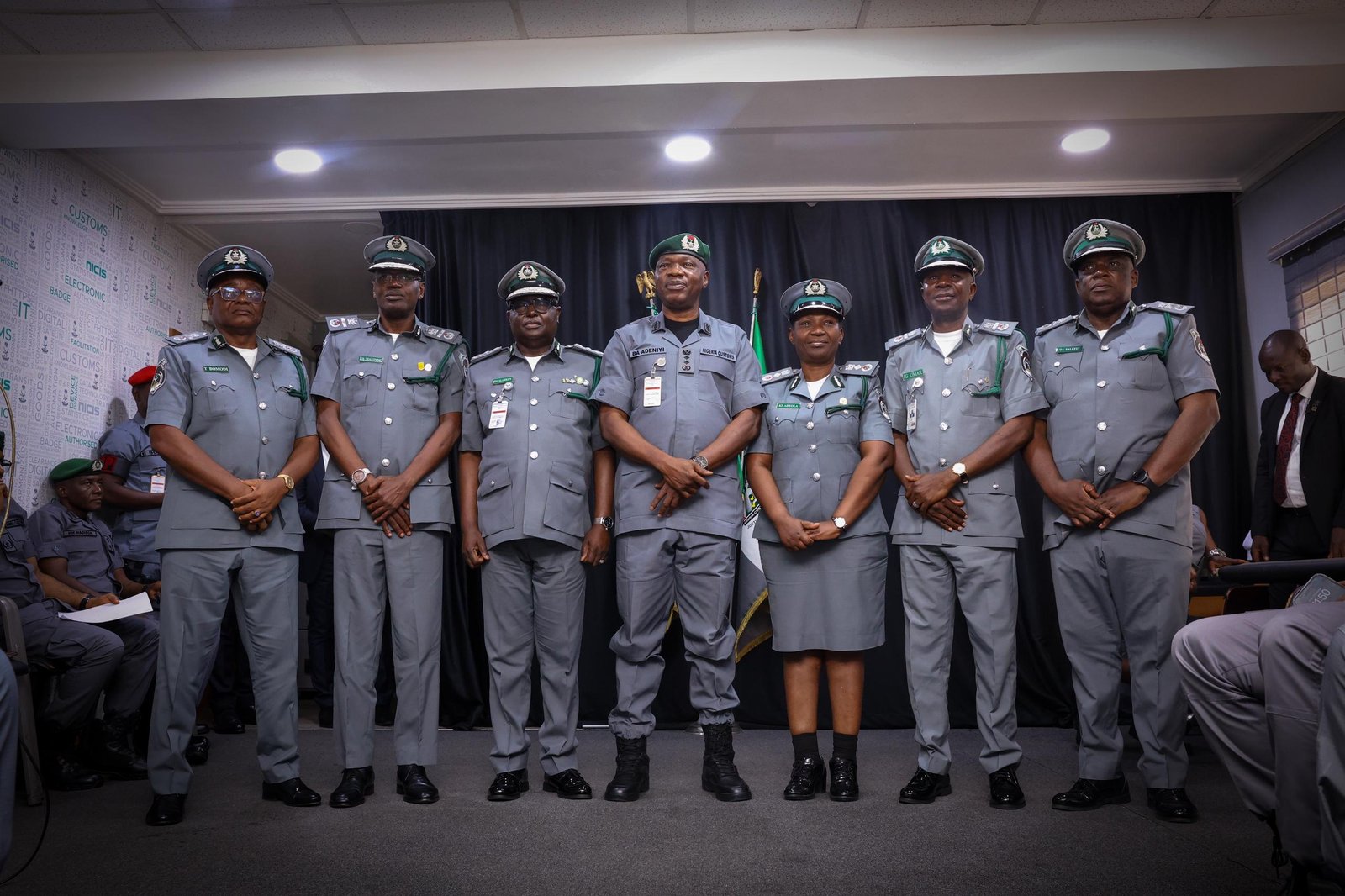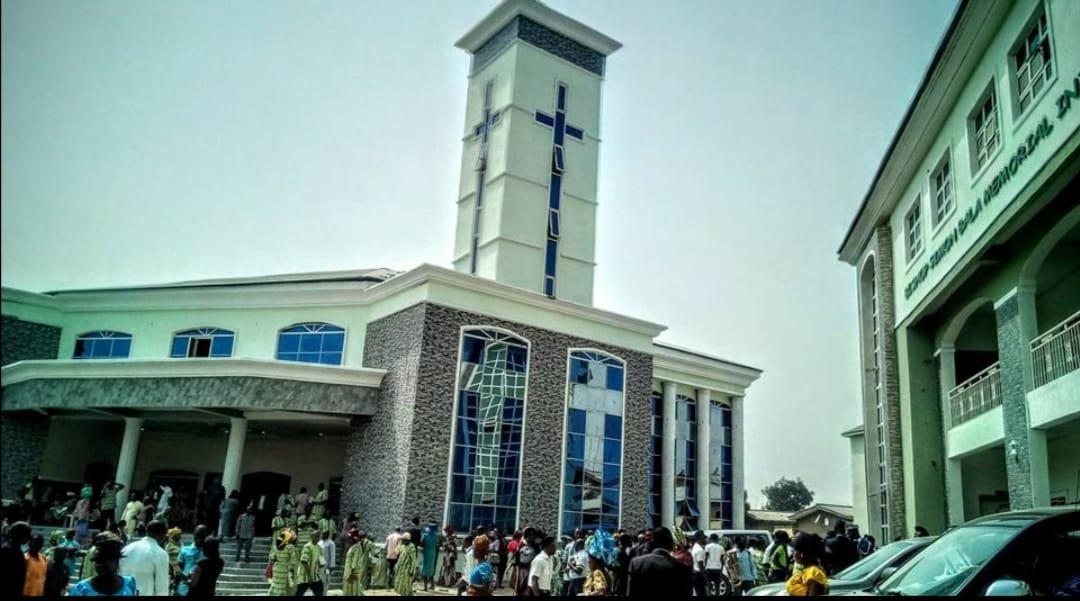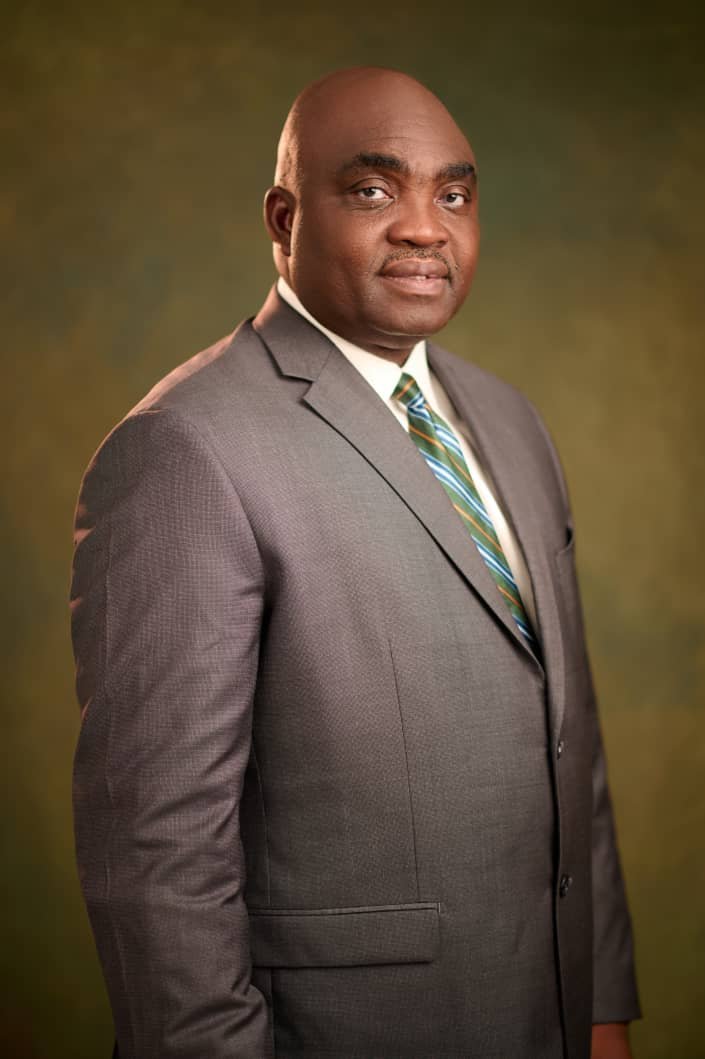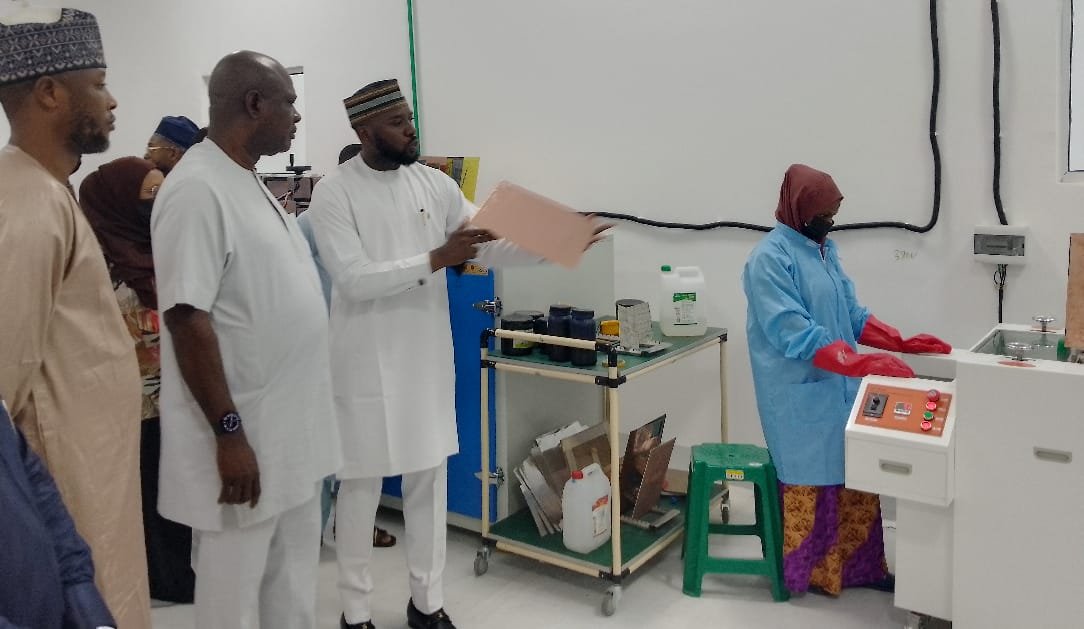443 total views today
By Emmanuel Afonne
The Centre for Fiscal Transparency and Public Integrity (CeFTPI) has identified poor implementation of anti graft laws as a major challenge in the fight against corruption in Nigeria.
The Executive Director, CeFTPI, Dr Umar Yakubu said this at a Criminal Justice Cohort Post-IACC Engagement Workshop organised by MacArthur Foundation, on Wednesday in Abuja.
He said the workshop became necessary to review decisions reached at the international anti corruption conference held in Lithuania in June concerning the fight against corruption.
“We agreed to develop a mechanism for monitoring implementation of all the anti corruption instruments and coordinates in various countries including Nigeria.’’
According to him, the Civil Society Organisations (CSOs) and the media are the major partners in achieving the task of monitoring the government and its institutions responsible for fighting corruption.
“So, that is where CSOs and the media can come in and monitor to ensure that the government is implementing all the commitments it has made.
Yakubu said Nigeria had made all the laws necessary to fight corruption but found it difficult to implement them.
He, therefore, urged the government to step up the fight against corruption to save the country from economic collapse.
“When things are new, there is resistance to change and some of them are legal-based which means that laws must be changed but the most challenging is implementation.
“We don’t have a problem with our laws but the problem of implementation.
“So, what we did in Lithuania was to develop a mechanism for monitoring implementation of all the anti-corruption instruments and all the anti-corruption coordinates we have in Nigeria.
“That is why we are having this post-conference meeting to discuss the implementation; we as CSO and the media should start to implement the recommendations of the conference.’’
He also alleged that procurement in various offices had become a conduit pipe for syphoning funds, adding that transparency had become the greatest tool for curbing procurement fraud.
He stressed the need to pressure the three tiers of government to ensure that all procurement processes are conducted transparently.
“We are talking about enhancing procurement processes to reduce corruption, monitoring climate finance, electoral integrity of people we vote into office and the level of integrity they should have.
“We are also talking about illicit financial flows and the level of assets that were stolen from the country and the continent to other jurisdictions, to see how we can enhance our democracy.
“Under the EITI agreement, procurement processes should be proactively disclosed, meaning that one doesn’t need Freedom of Information Act to get any information.
“For instance, in the extractive sector, when the government proactively discloses how many barrels of crude oil we are producing and how many we are selling and the production sharing contract, there will be no need for investigative journalism.
“Developed countries do better than us because the level of citizen engagement is very high.
“It is not about the media and CSOs; when citizens are aware and demand accountability, you will find out that the institutions will be responsible because citizens trigger responsibility in the government,” Yakubu said.
Earlier, Prof. Muhammad Ladan, Director-General, Nigerian Institute of Advanced Legal Studies (NIALS), urged every head of an institution to take charge of finances to be able to check corruption in the system.
Ladan said that any abuse of power created an element of corruption.
“The level of corruption in the system has left those that are principled without any choice of being corrupted.
“From that conference in Lithuania, we were told to go and repackage the anti-corruption fight based on their context and peculiarity.
“The declaration has one key takeaway – that we must enhance the capacity of the citizens to participate in governance.
“You can find this particular declaration clause in the Nigerian Constitution, Section 24, Subsection 2, paragraph C of the Constitution provides for citizens to participate in governance.
“So, what we need is to translate this provision into actual practice which includes the fight against corruption at all levels including the private sector,” Ladan said.
Also, Mrs Nkemdilim Okereke, Programme Officer, Rule of Law and Empowerment Initiative, advocated for the inclusion of persons with disabilities while forming a mechanism for reporting of corruption.
“So, civil societies and other stakeholders, in all their interventions should ensure that feedback and preferences from the marginalised population (women, young people and persons with disability) are incorporated in their interventions,” she said.
Okereke said that the fight against corruption in Nigeria should not be left for a particular group but for all the citizens. (NAN)(www.nannews.ng)
Edited by Chijioke Okoronkwo




